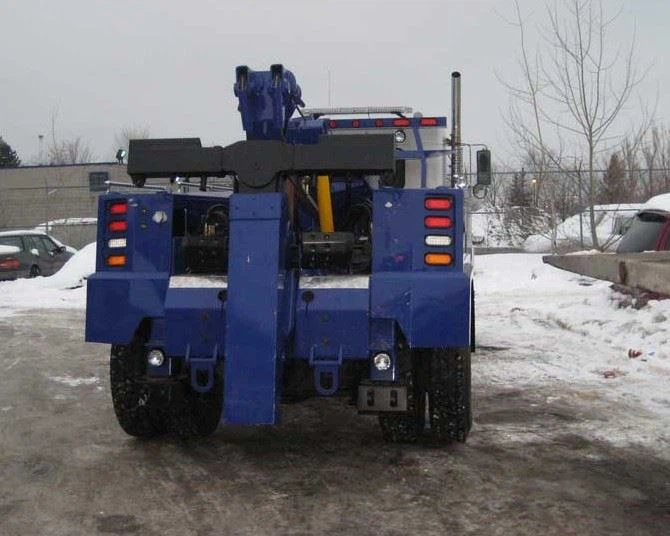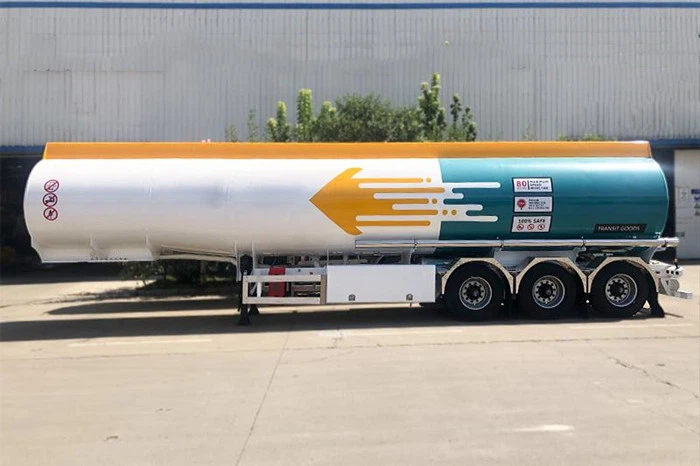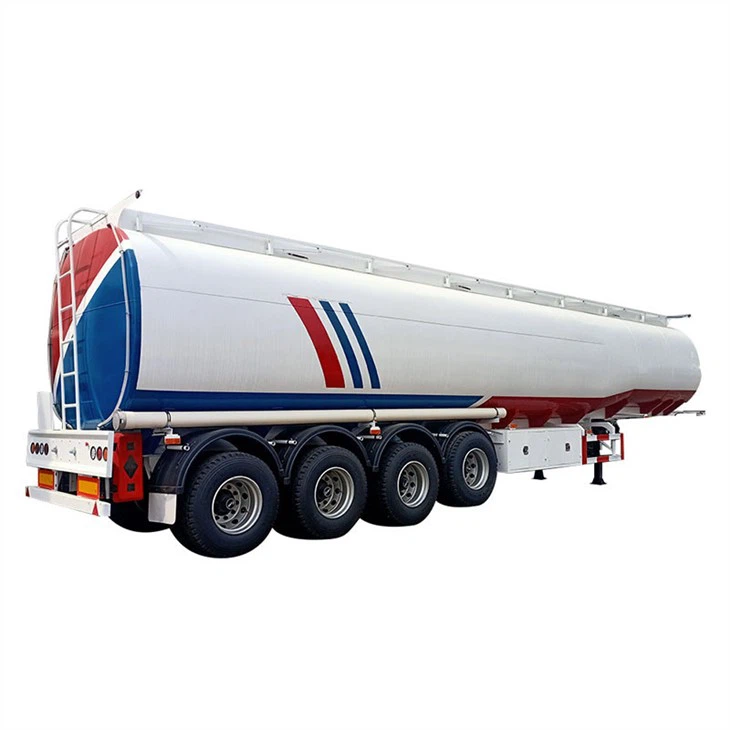Understanding Waste Lorries: The Backbone of Waste Management

Introduction
Waste lorries, or refuse trucks, play a crucial role in modern waste management systems. Their primary function is to transport waste from homes, businesses, and industrial sites to disposal, recycling, or processing facilities. This article delves into the various aspects of waste lorries, from their types and technology to best practices for usage and environmental impact. We aim to provide a comprehensive understanding of how waste lorries contribute to a cleaner and greener planet.
1. What is a Waste Lorry?
A waste lorry is a specialized vehicle designed for the collection and transportation of waste materials. These lorries can vary in size, capacity, and purpose, but they generally feature a large, enclosed compartment for holding waste. The design is optimized to facilitate the efficient collection and transfer of waste, minimizing spills and odors.
1.1 Types of Waste Lorries
- Front-Loaders: These trucks have a hydraulic arm that lifts waste bins for easy collection.
- Rear-Loaders: This design involves loading waste from the back, where operators can manually or mechanically load waste into the truck.
- Side-Loaders: Equipped with a side-loading mechanism, these lorries can often operate with a single driver.
- Roll-Off Trucks: These vehicles are used for large containers, making them ideal for construction sites and large waste management projects.

2. The Importance of Waste Lorries in Waste Management
Waste lorries are essential components of effective waste management systems. They help maintain public health and environmental safety by ensuring that waste is collected and disposed of properly. This section will explore the implications and significance of waste lorries.
2.1 Environmental Impact
Waste lorries contribute to environmental preservation by preventing littering and pollution. They facilitate proper waste segregation and recycling efforts. Additionally, specialized vehicles reduce the carbon footprint compared to traditional waste disposal methods.
2.2 Health Benefits
Timely waste collection helps in minimizing vectors for diseases, such as rodents and insects, which thrive in unsanitary conditions. Regular collection schedules maintained by waste lorries ensure neighborhoods remain clean and safe.
3. Technology in Waste Lorries
Innovative technologies have been integrated into waste lorries to enhance their functionality and efficiency. This section covers some of the latest advancements.
3.1 Automated Collection Systems
Automation has paved the way for smarter waste collection. Many waste lorries now feature automated arms that can collect bins without the need for manual intervention. This increases safety for workers and reduces labor costs.
3.2 GPS Tracking
Modern waste lorries often come equipped with GPS technology that allows for real-time tracking of their routes. This capability enables waste management companies to optimize collection times and improve service efficiency.
3.3 Fuel Efficiency
With the push for sustainability, many waste lorries are being powered by alternative fuels or new engine technologies that enhance fuel efficiency and reduce emissions.
4. Best Practices for Using Waste Lorries
For municipalities and waste management companies, adopting best practices can enhance efficiency and safety. This section highlights some practical tips.
4.1 Regular Maintenance

Routine maintenance of waste lorries is essential for safety and longevity. This includes checking brakes, hydraulic systems, and the waste compaction mechanisms to prevent breakdowns during operations.
4.2 Driver Training
Providing proper training for waste lorry drivers ensures that they understand the unique challenges of waste collection, including navigating residential areas and managing heavy loads safely.
4.3 Effective Route Planning
Incorporating technology such as route optimization software can help minimize fuel consumption and improve collection efficiency. Analyzing traffic patterns and addressing peak hours can significantly improve service delivery.
5. The Role of Waste Lorries in Recycling
Waste lorries are pivotal in promoting recycling initiatives. By efficiently collecting recyclable materials, these vehicles help reduce landfill waste and encourage responsible waste disposal practices.
5.1 Separate Collection Systems
Implementing a dual-stream waste collection system can significantly increase recycling rates. This means using different waste lorries for general waste vs. recyclables.
5.2 Community Engagement
Waste management companies often work with communities to educate them on proper recycling practices, thereby increasing the effectiveness of their waste management operations.

6. Challenges Facing Waste Lorry Operations
Despite their importance, waste lorry operations face various challenges that can hinder their effectiveness. This section discusses some of these difficulties.
6.1 Budget Constraints
Many municipalities operate under tight budgets, which can lead to outdated equipment, insufficient manpower, and inadequate services. This results in lapses in service delivery.
6.2 Environmental Regulations
As regulatory frameworks around waste management become stricter, waste lorries must comply with various laws governing emissions and waste disposal practices, which may require significant adjustments.
7. Future of Waste Lorries
The future of waste lorries is likely to be shaped by advancements in technology and shifts in public attitudes toward sustainability. This section explores potential developments.
7.1 Electric Waste Lorries
With growing concerns over climate change, the adoption of electric waste lorries is on the rise. These vehicles promise to reduce emissions and promote a greener approach to waste collection.
7.2 Smart Waste Management Solutions
Integrating waste lorries into smart city frameworks can optimize waste collection through data analytics, enhancing operational efficiency and service delivery.
8. Practical Examples of Effective Waste Lorry Usage
Various cities around the world have adopted innovative approaches to waste management. This section provides practical examples of effective waste lorry strategies.
8.1 Case Study: San Francisco
San Francisco has implemented a successful zero-waste program that utilizes specialized waste lorries tailored for collecting compost, recyclables, and trash separately. This system has significantly increased recycling rates.
8.2 Case Study: Sweden
Sweden has embraced waste-to-energy technologies, whereby waste lorries collect material destined for incineration, transforming waste into energy, thereby reducing landfill use.
9. Frequently Asked Questions (FAQ)
9.1 What types of waste can be collected by a waste lorry?
Waste lorries can collect various forms of waste, including residential trash, recyclables, organic waste, and construction debris, depending on the designated purpose of the vehicle.
9.2 How often should waste lorries collect waste?
Collection frequency varies by municipality. Generally, residential waste should be collected at least once a week, while commercial areas may need more frequent pickups.
9.3 What are the safety features of modern waste lorries?
Modern waste lorries are equipped with advanced safety features such as rear-view cameras, automatic braking systems, and protective barriers to ensure the safety of both drivers and pedestrians.
9.4 Can waste lorries be used for hazardous waste collection?
Yes, specialized waste lorries are designed to handle hazardous waste, ensuring that materials are transported safely and in compliance with environmental regulations.
9.5 What is the average lifespan of a waste lorry?
The average lifespan of a waste lorry can vary; however, many vehicles can operate effectively for 10-15 years with proper maintenance.
9.6 How can municipalities improve their waste management systems?
By adopting innovative technologies, increasing community engagement, and ensuring regular maintenance of waste lorries, municipalities can significantly enhance the efficiency and effectiveness of their waste management systems.
10. Conclusion
Waste lorries are indispensable in our efforts to manage waste and promote sustainability. By understanding their functions, challenges, and future developments, we can pave the way for better waste management practices nationwide.
